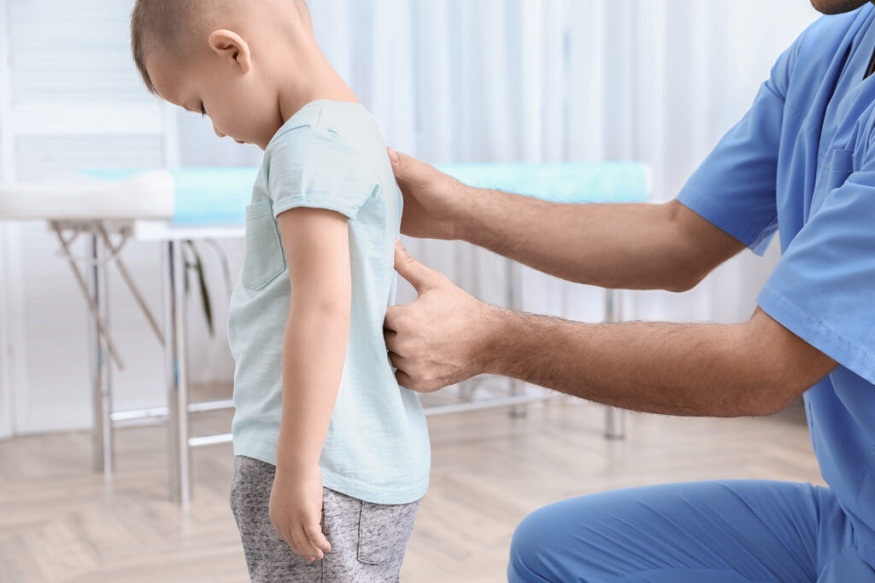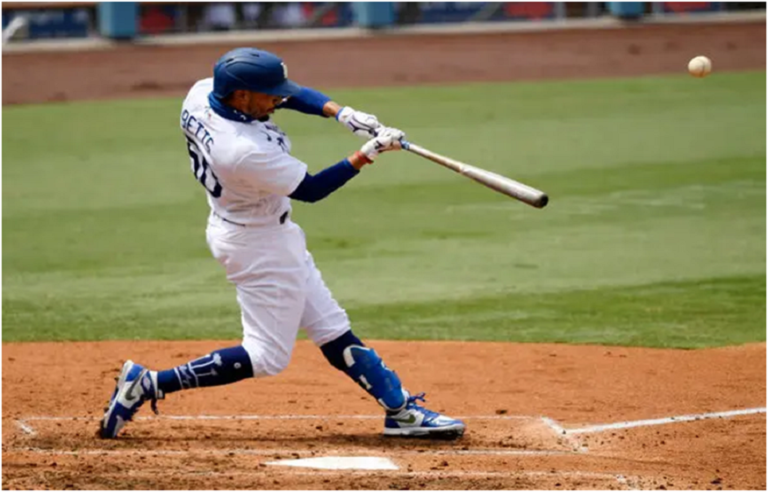Your child receives best musculoskeletal care from pediatric orthopedic for children that you need to pick wisely. These health experts manage child bone and muscle issues to help your child grow correctly and heal properly. By finding the best pediatric orthopedic expert you help your child receive specialized care that matches their unique medical needs.
1.Specialized Training in Pediatric Growth and Development
Doctors who specialize in pediatric orthopedics need to understand children’s growth patterns because this gives them vital information needed to treat your youngster. For exceptional results the best expert should complete pediatric orthopedic specialization training following their basic orthopedic education. This specialist training guarantees that they are aware of the particular difficulties in managing developing bones, growth plates, and child-specific developmental disorders. Since every stage of childhood growth has unique orthopedic issues and necessitates a different strategy to therapy, their competence should span from infancy through puberty. Seek out experts who frequently attend conferences and take part in pediatric orthopedic continuing education.
2.Range of Treatment Expertise and Specializations
Your chosen pediatric orthopedic doctor needs expertise in treating many types of childhood bone and muscle problems. Your chosen pediatric orthopedic specialist should have experience treating small injuries and big diseases such as scoliosis and hip dysplasia. Inquire about their therapy methods for surgery and non-surgery plus their knowledge of specific conditions that hurt your child. The complete pediatric orthopedist treats medical issues through operations but chooses low-risk procedures first. You may make sure they’re the best fit for your child’s unique orthopedic demands by becoming aware of their areas of specialization and particular interest.
3.Child-Friendly Approach and Environment
The capacity of the expert to establish a warm and inviting environment for young patients is an important factor that is frequently disregarded. With age-appropriate décor, play spaces, and activities to assist ease visitors’ apprehension, the clinic should be planned with kids in mind. Observe how the physician and staff treat children; they should be patient, speak in language that is suitable for the kid’s age, and genuinely care about calming down young patients. In addition to properly communicating with parents, the professional should be skilled in describing procedures and therapies in a way that children may comprehend. Young patients have more favorable therapy experiences because of this child-centered approach, which fosters collaboration and trust.
4. Advanced Diagnostic Capabilities and Equipment
Accurate diagnosis using sophisticated imaging and evaluation techniques is crucial to modern pediatric orthopedic therapy. Examine whether the expert has access to cutting-edge diagnostic tools designed especially for young kids, such as low-dose radiation X-ray machines, pediatric-approved MRI centers, and ultrasound equipment. Additionally, the clinic has to offer kid-sized diagnostic and therapeutic instruments. Additionally, see if they use contemporary technology for treatment planning, such as specific software for measuring and tracking spine curves in scoliosis patients or 3D modeling for difficult situations. Better treatment results and more accurate diagnoses may result from these technological advancements.
5.Long-term Care Planning and Follow-up Protocols
It’s critical to comprehend the specialist’s long-term care philosophy because children’s orthopedic issues frequently want prolonged therapy and observation. The frequency of check-ups, treatment progression milestones, and success criteria should all be explicitly stated by the physician in their follow-up procedures. Throughout the course of therapy, they ought to show that they are dedicated to keeping an eye on your child’s progress and making necessary modifications. Seek for experts that offer thorough programs for controlling diseases during all phases of growth and who take a proactive approach to preventing future issues. Their long-term care plan should also advise parents on how to take care of their children at home, how to change their activities, and when to get help right away.
6. Emergency Care Availability and Response System
Since orthopedic crises can happen at any time, it’s important to know how your selected expert responds to pressing cases. Examine their emergency contact procedures, availability after hours, and connections to nearby emergency rooms. Clear protocols for managing acute orthopedic problems, such as fractures, severe sprains, or consequences from pre-existing disorders, should be part of the ideal practice. They should have established contacts with pediatric emergency centers and offer comprehensive advice on when and how to seek emergency treatment. Additionally, take into account their capacity to make last-minute appointments for serious illnesses or accidents, as prompt action may have a big influence on recovery times and treatment results.
7. Physical Therapy and Rehabilitation Integration
Having close ties to pediatric physical therapy and rehabilitation programs is essential to a holistic approach to pediatric orthopedic treatment via best paediatric orthopaedics near me. The specialist has to collaborate closely with licensed pediatric occupational and physical therapists who are aware of the distinctive requirements of kids. This integration guarantees smooth coordination between required rehabilitation programs and medical or surgical procedures. Take into account if the clinic has developed connections with respectable pediatric treatment providers or provides on-site rehabilitation services. Additionally, the expert should be involved in tracking the progress of rehabilitation and modifying treatment plans in response to therapy results. For young patients, this cooperative approach maximizes rehabilitation and fosters improved functional results.
8. Parent Education and Support Resources
The top pediatric orthopedic experts understand how critical it is to inform and assist parents during their child’s course of therapy. They must offer thorough instructional resources in easily comprehensible language regarding a range of ailments and therapies. Seek out experts who take the time to go over treatment alternatives, possible results, and what parents may anticipate at various care phases. They ought to provide advice on how to help your kid recover, including how to modify activities and do exercises at home. Additionally, take into account if they offer services for families facing comparable circumstances, instructional programs, or support groups. Parents may actively engage in their child’s therapy and make well-informed decisions with the support of this educational component.
Conclusion
To guarantee your kid receives the best treatment possible for their musculoskeletal health, choosing the best pediatric neurologist expert requires carefully weighing these important considerations. Spend some time investigating and visiting possible experts, making inquiries and noting their interactions with young patients. Keep in mind that the ideal expert will not only offer top-notch medical care but also foster a nurturing atmosphere that encourages recovery and your child’s healthy growth.














+ There are no comments
Add yours